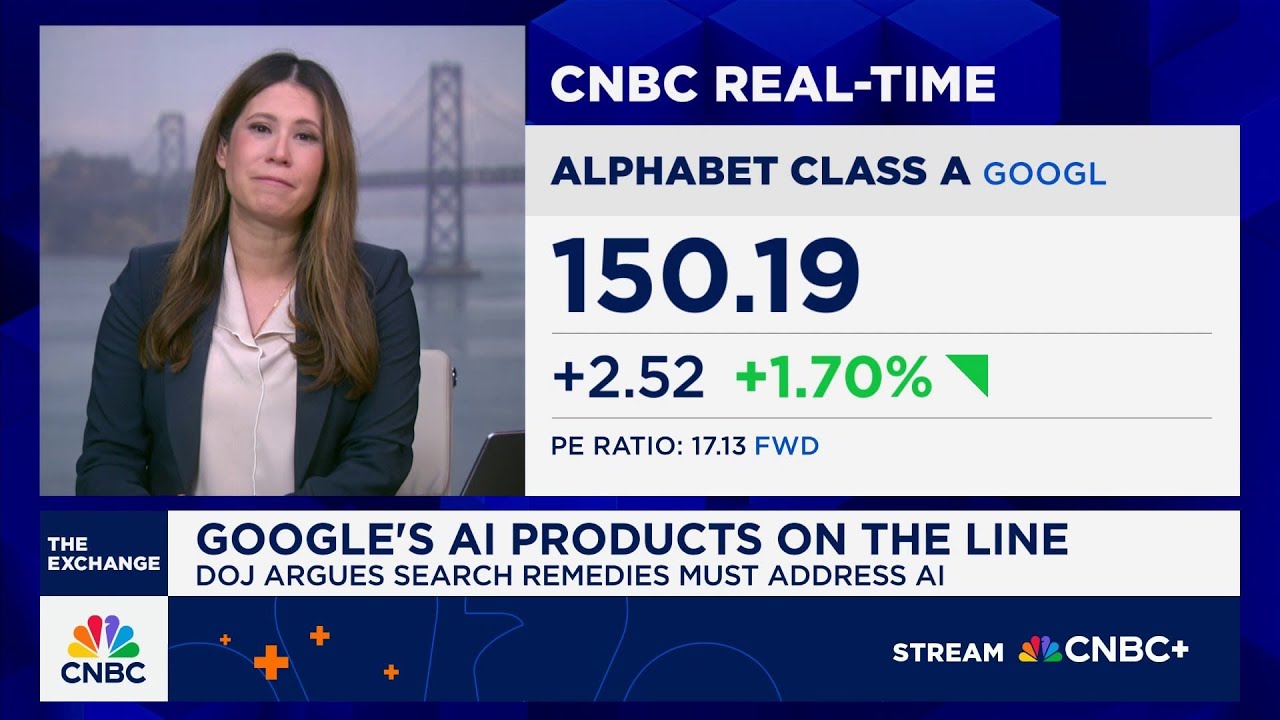The U.S. Department of Justice is shifting its antitrust trial focus to Google’s ambitions in artificial intelligence, highlighting concerns about the company’s strategies, such as paying Samsung to pre-install its Gemini AI app. This shift raises questions about the impact of AI on Google’s traditional search revenue and reflects investor skepticism regarding the company’s ability to adapt amidst increasing regulatory scrutiny.
In a significant antitrust trial, the U.S. Department of Justice (DOJ) is shifting its focus from traditional search practices to Google’s ambitions in artificial intelligence (AI). This change indicates that AI could become a central issue in the case, rather than just a peripheral concern. DOJ attorney David Dalquist emphasized the importance of considering future technologies in the court’s remedies, highlighting the potential risks of excluding generative AI and Google’s Gemini app from the discussion.
Recent developments in the trial revealed that Google is actively working to secure its position in the AI landscape by paying Samsung to pre-install its Gemini AI app on new devices. This strategy mirrors past practices deemed illegal in the context of search, suggesting that Google is attempting to establish early dominance in the evolving AI interface. The urgency for Google to navigate this transition effectively is growing, as the company faces increasing scrutiny from regulators.
Moreover, studies have indicated that Google’s AI features may be negatively impacting click-through rates, particularly for non-branded informational queries. This raises doubts about Google’s assertion that AI-generated overviews lead to higher engagement compared to traditional search listings. The findings challenge the company’s ability to transition from a search-centric model to one focused on AI without jeopardizing its primary revenue streams.
Google’s valuation reflects investor skepticism regarding its capacity to make this shift successfully amidst mounting regulatory pressures. The ongoing antitrust case adds to the challenges, making it harder for investors to perceive tangible successes in Google’s AI initiatives. The situation underscores the delicate balance Google must maintain as it seeks to innovate while navigating legal and regulatory hurdles.
Overall, the DOJ’s focus on AI in this antitrust trial marks a pivotal moment for Google, as it confronts the dual challenges of regulatory scrutiny and the need to adapt to a rapidly changing technological landscape. The outcome of this case could have far-reaching implications for Google’s future in AI and its overall business strategy.
